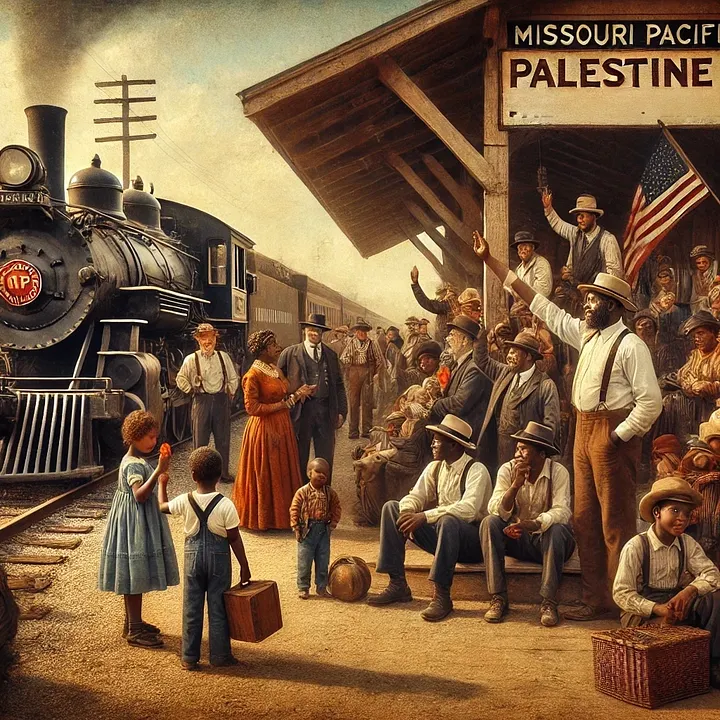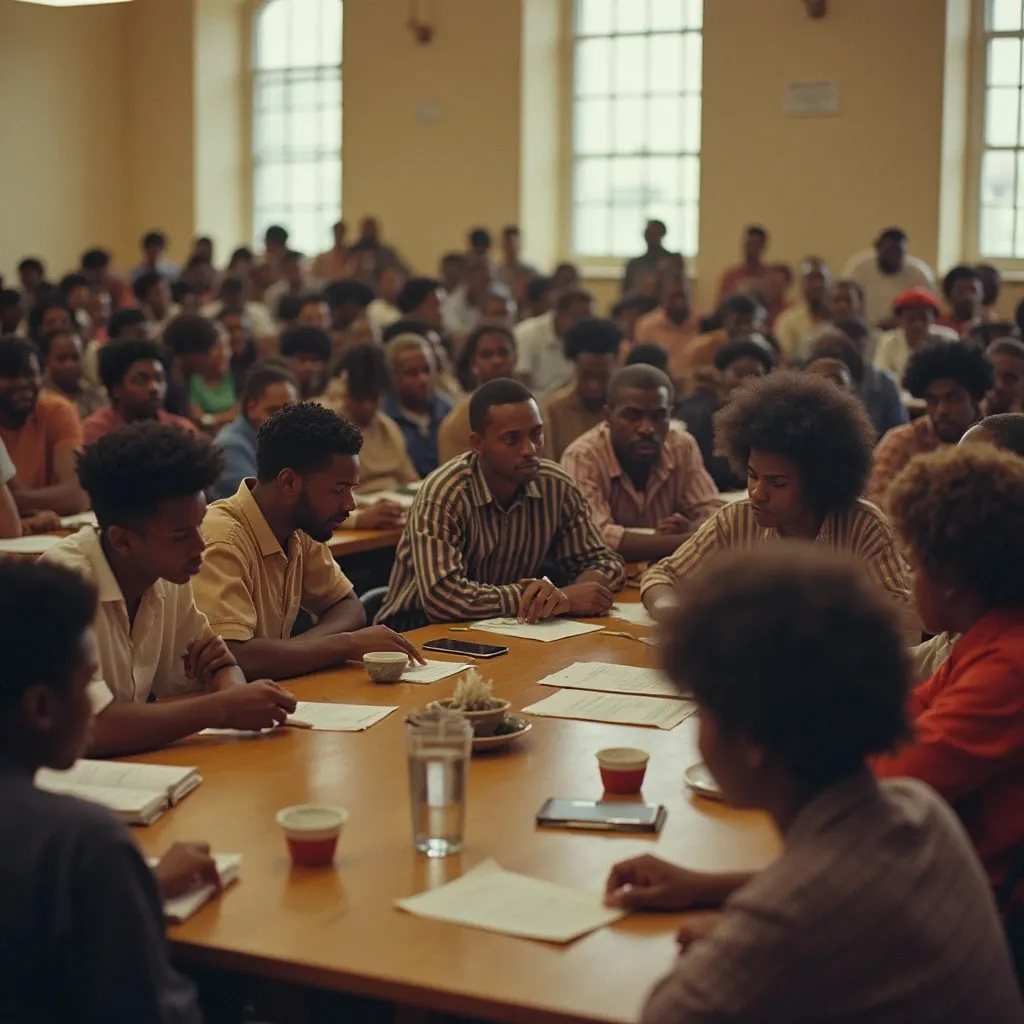
It seems like yesterday when we would pile onto the trains at the Texas State Railroad Park, riding the rails from Palestine to Rusk as part of the annual Missouri Pacific Railroad family picnic. For the kids, it was Christmas in the summer — an event where every child left with at least one prize. But it was more than just a day of fun; it was a celebration of community, a gathering of families bound by the railroad, and a reflection of the pride that came with being part of something bigger than ourselves.
The depot wasn’t just a workplace; it was the heartbeat of the town. I still remember accompanying my dad to pick up his paycheck from the clerk, watching as workers gathered, swapped stories, and took pride in the careers they had built. Those days slipped away, slowly at first, then all at once.
In 1982, Union Pacific acquired Missouri Pacific, and just two years later, Spring Lloyd Yard was completed, shifting most of the switching jobs out of Palestine. That was the beginning of the end. The town that had once been a major stop along the railroad began to change, and the sense of permanence that came with being a railroader in Palestine started to fade. By the time of the 1996 merger between Union Pacific and Southern Pacific, I had followed in the footsteps of generations before me, becoming a full-fledged railroader, now working as an engineer.
I’ll never forget the day I pulled into Palestine Yard and saw my grandfather, the late Judge Oneal Hunt, standing across the street at the bank. He crossed over to greet me and my conductor, tears welling in his eyes. I’m not sure why, exactly. He had seen railroading in our family for generations — his son, my uncle Norris, was a railroader, and his son-in-law, my father, was an engineer. Maybe it was the realization that even after five generations, our family’s connection to the railroad was still going strong. Maybe it was just the pride of seeing the tradition continue with his grandson.
But like the Palestine yard, that tradition ended with me. Five generations is a good run. I suppose Palestine can say the same.
Now, with Union Pacific officially ending its nearly 150-year presence in Palestine, the town faces the final chapter of an era that once defined it. The railroad wasn’t just an industry here; it was the backbone of the community. The jobs, the camaraderie, the way families were built around the rhythm of the trains rolling in and out — it was all woven into the fabric of daily life.
This departure isn’t just about a contract dispute or corporate restructuring. It’s about the slow fade of a legacy that once seemed untouchable. The end of something that built livelihoods, fostered deep connections, and created a sense of belonging that stretched across generations.
To those of us who lived it, who remember the smell of the depot, the sound of train whistles cutting through the early morning air, and the feeling of pride in being part of something bigger than ourselves, this loss is more than just another business decision. It’s the closing of a chapter in history.
And like the old Missouri Pacific family picnics, the depot check runs with my father, and the day my grandfather watched me pull into the yard — those moments now belong to the past.
The good ol’ days. The railroad days. The Palestine we once knew. I’m just glad I was a part of it.








